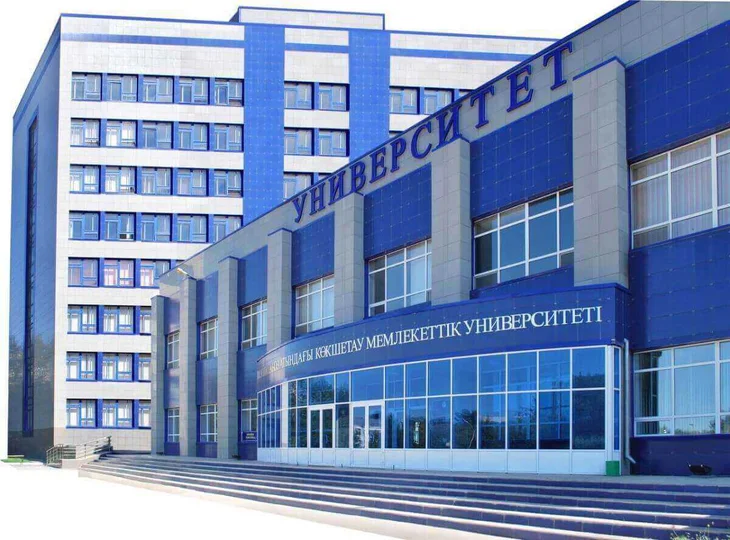Agronomy: Organic farming in the black soil zone

Educational program code
8D08102
Language of instruction
Kazakh, Russian
Learning level
Doctoral Studies
Duration of study
3 year
Objectives of the educational program
- Training of highly educated, competitive specialists - PhD doctors, who have the necessary professional competencies to implement new innovative research projects
- Academic writing
- Research methods
- Modern achievements in organic farming
- Non-Radiation Mutation (GMO) breeding methods
- Modern technologies for growing crops and obtaining environmentally friendly crop products
- Biological crop production
- Ecological and genetic aspects of toxicity and mutagenesis of pesticides
Learning outcomes and competencies
- Formulate problems, tasks and methods of scientific research; receive new reliable facts based on observations, experiments, scientific analysis of empirical data that meet the requirements of expert assessment in the field of organic farming in the black earth zone
- Conduct research that can contribute to the development of agricultural science and deserves publication in scientific journals with a high scientific rating both at the national level and abroad
- Capable of collecting information (multimedia tutorials, e-textbooks, television technologies, Internet capabilities) necessary for the development of a farming system and crop cultivation technologies
- Have an idea: about the development of agricultural science in the world and Kazakhstan; about the role of science and innovation in the world; on the achievements of agricultural science
- Analyze the accumulated information in world science and production activities; generalize the obtained results of knowledge; formulate conclusions and practical recommendations based on representative and original research findings
- Professionally use the acquired knowledge on the fundamentals of conventional and organic farming systems to address issues of rational use of soil resources in agriculture and obtain environmentally friendly crop products
- To use in scientific and production and technological activities the knowledge of fundamental and applied sections of special disciplines of the doctoral program in the field of organic farming
- Demonstrate a general ability to design crop rotation systems, design crop rotation schemes in accordance with evidence-based crop rotation principles, develop rotation plans and rotation tables, determine optimal field sizes and contours taking into account zonal characteristics, and carry out projects to create new knowledge or practical applications on relevant directions